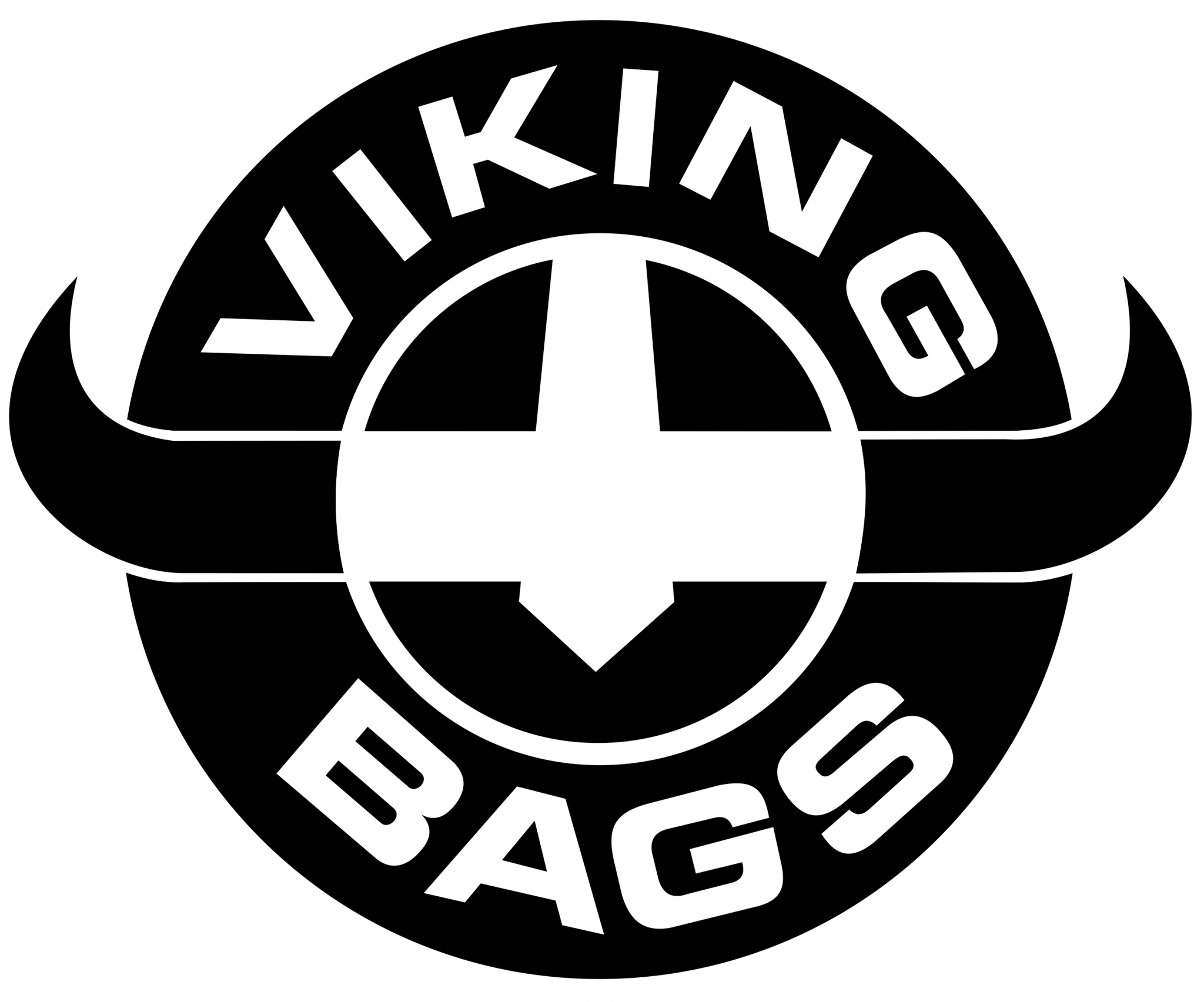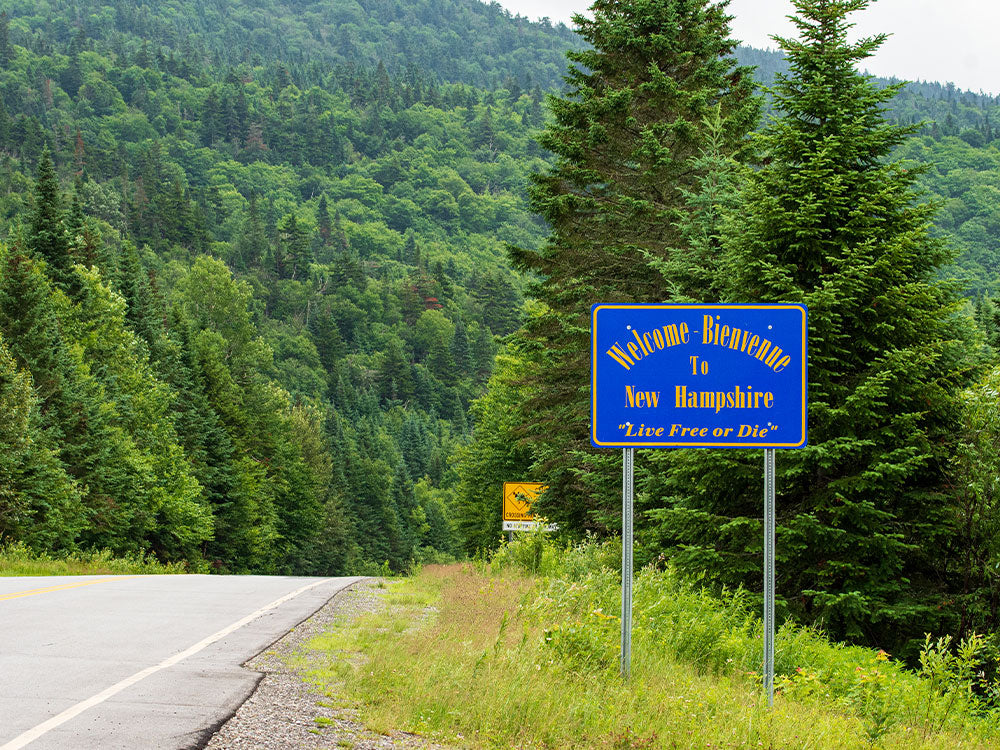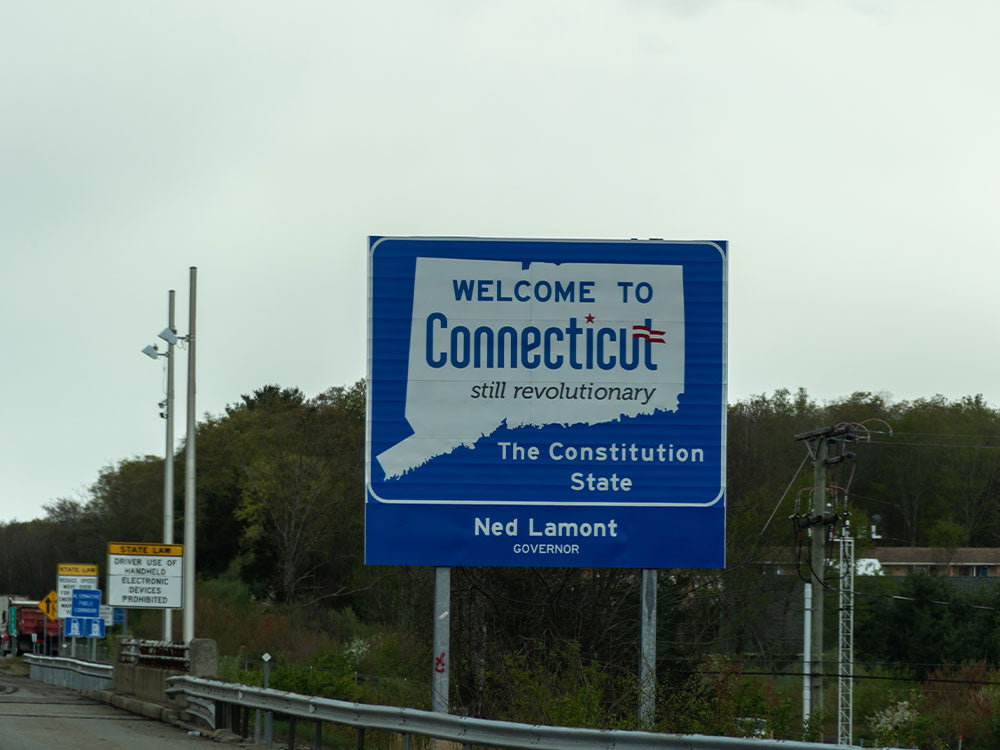Table of Content
1. Introduction
If you are a motorcyclist who frequently travels to New Hampshire or plans to make periodic trips through this state, you will have to become familiar with the latest version of New Hampshire’s motorcycle laws.
To better ensure personal safety, you need to become familiar with the type of motorcycle helmet you need and how to maintain the condition of your vehicle. It would also be beneficial for the well-being of others if you knew the correct way to carry passengers and whether it is safe to attempt lane splitting.
If you are considering becoming a motorcyclist, you would have to know the procedure for how to obtain a New Hampshire motorcycle license.
2. New Hampshire Motorcycle Insurance

Having motorcycle insurance is not only good to have just because it is mandatory in New Hampshire. New Hampshire motorcycle insurance helps pay for repairs, medical bills, etc. If you cannot show New Hampshire motorcycle insurance, it will result in hefty fines and the possibility of your driving privileges being suspended.
New Hampshire motorcycle insurance covers a range of fees depending on the severity of an accident. But at minimum, your insurance plan should at least include the following:
$25,000 for bodily injury to a person per accident
$50,000 for bodily injuries to multiple people per accident
$25,000 for property damages sustained per accident
$1,000 for medical payments coverage
If you fear that the minimum costs are not enough, you can always pay a higher fee to ensure better coverage. Also, there are other non-mandatory examples of motorcycle insurance to consider as well:
Uninsured coverage
Underinsured coverage
Collision coverage
Comprehensive coverage
Bodily injury coverage
3. New Hampshire Motorcycle Helmet Laws

If you are a teenager, you cannot take out your motorcycle throughout New Hampshire unless you have either a three-quarter or full-face helmet. It must have been produced by the Snell Memorial Foundation. It must also have a sticker indicating that it complies with the U.S. Department of Transportation.
| Requirements | Three-Quarter Helmet | Full-Face Helmet |
|---|---|---|
| Has the Department of Transportation (DOT) sticker | ✔️ | ✔️ |
| Contours around your head to fit snugly | ✔️ | ✔️ |
| No signs of damage (Ex:// cracks, loose padding, scratches, or frayed straps) | ✔️ | ✔️ |
| Has a face shield with no scratches | ❌ | ✔️ |
| Includes separate eye protection with no scratches (Ex:// goggles, glasses) | ✔️ | ❌ |
| Has a hard and durable outer shell that is shatter-resistant | ✔️ | ✔️ |
| Gives you a clear, peripheral view of your surroundings | ✔️ | ✔️ |
| Securely fastened with neck- or chin-strap | ✔️ | ✔️ |
| Allows airflow without fogging up | ✔️ | ✔️ |
| Can allow you to wear sunglasses underneath | ✔️ | ✔️ |
4. New Hampshire Motorcycle License Laws

4.1 New Hampshire Motorcycle Learner’s Permit
After you have reached or passed the age of 16, you are allowed to try for a New Hampshire motorcycle learner’s permit. You have to pay $30 to be issued your first New Hampshire motorcycle learner’s permit, good for 45 days.
To be given the permit, you must fulfill all of the listed criteria:
-
If you are under the age of 18:
Have signature and consent from a parent or legal guardian
Present current New Hampshire driver’s license
Complete an approved driver education course
Present identification documents
Provide proof of New Hampshire residency
Provide proof of U.S. citizenship
Provide your Social Security Number
Take a photo
Pass the knowledge exam
Pass the vision exam
Pay the required fees
When you are operating with a New Hampshire motorcycle learner’s permit, you will have to comply with the following restrictions:
You cannot transport passengers
You can only operate between after sunrise and before sunset
4.2 New Hampshire Motorcycle License Endorsement
After you have reached or passed the age of 18, you are allowed to try for a New Hampshire motorcycle endorsement. You have to pay $55 to be issued a motorcycle-only New Hampshire driver’s license.
Listed below are the requirements you will need to fulfill to get a New Hampshire motorcycle license endorsement:
| Requirements | Applicants Ages 16 to 17 | Applicants Ages 18 and Above |
|---|---|---|
| Have a valid New Hampshire driver’s license | ✔️ | ✔️ |
| Complete a State approved Motorcycle Ride Education Course | ✔️ | ❌ |
| Complete a Basic Motorcycle Rider Training Course | ✔️* | ❌* |
| Held onto a New Hampshire motorcycle learner permit for minimum required time | ✔️ | ❌ |
| Provide proof of New Hampshire motorcycle insurance | ✔️ | ✔️ |
| Provide proof of New Hampshire vehicle registration | ✔️ | ✔️ |
| Fill out the appropriate driver’s license application | ✔️ | ✔️ |
| Must have consent of a parent or legal guardian if you are a minor | ✔️ | ❌ |
| Provide your social security number | ✔️ | ✔️ |
| Pay required fees | ✔️ | ✔️ |
| Present valid photo I.D. | ✔️ | ✔️ |
| Take a photo | ✔️ | ✔️ |
| Take vision exam | ✔️ | ✔️ |
| Pass the knowledge test | ✔️ | ✔️ |
| Pass the road skills test | ✔️* | ✔️* |
| Provide proof of U.S. citizenship | ✔️ | ✔️ |
| Provide proof of residency in New Hampshire | ✔️ | ✔️ |
*If you are over 18 years old, you do not need to enroll in a Basic Motorcycle Rider Training Course. However, submitting proof of completion will open up the option of waiving the road skills test.
4.3 New Hampshire Motorcycle License Test
Written Portion:
Complete 40 multiple-choice questions
Questions will be based on content from New Hampshire Motorcycle Operator Manual
Will be tested on an understanding of road rules and safe riding practices
Requires a passing grade of 80% or higher
Riding Skills Portion:
Will be conducted in a controlled, off-street area or an actual traffic environment
Your motorcycle will be subjected to a pre-ride inspection to ensure it meets safety standards
Demonstrate a basic understanding of motorcycle operation
You will be tested on your ability to stay within the speed limit, adjusting speed and position, maintaining visibility, operating under stress, accelerating, braking, turning, stopping, and swerving
The examiner will grade you based on how well you ride at safe speeds, stay within the lanes, and demonstrate riding maneuvers
5. New Hampshire Motorcycle Passenger Laws

There is no threshold related to the age of passengers In New Hampshire. Though no age group is restricted from riding, passengers under 18 years old need motorcycle helmets at all times.
Because the passenger seat alone is not enough to keep your passenger in place, you must include additional features that provide a better grip such as the footrests and handholds. So to figure out how the safety features are to be placed, you first need to determine where the passenger seat will be fixed to:
At the back of a large driver’s seat
Towards the rear as a separate saddle
To the side as a sidecar
The passenger seat and safety features are spaced apart so that passengers of different sizes can be seated. However, not everyone has the grip strength or height to stay secure atop the seat. It is only safe to transport a passenger who can:
Reach the footrests
Wear an approved motorcycle helmet
Forgo carrying any packages
Understand and follow your directions
6. New Hampshire Lane Splitting Laws

Lane splitting is considered illegal in New Hampshire. Though motorcycles are capable of pulling off tight maneuvers that cars cannot, such behavior can be a punishable offense. These maneuvers listed below are considered aspects of lane splitting:
Riding on top of the dividing lines between lanes
Riding in between adjacent rows of stopped vehicles
Overtaking a larger vehicle ahead in the same lane
Since lane splitting is out of the picture, the only thing motorcyclists are allowed to do which cars cannot is lane sharing. These maneuvers listed below are considered aspects of lane sharing:
You are allowed to make full use of the space within a single lane
-
You can only share a lane with another motorcycle if:
Both parties stay apart at least two abreast
Both parties consent beforehand
7. New Hampshire Motorcycle Equipment Requirements

After registering your motorcycle in New Hampshire, it must be brought to a state-approved inspection station within a 10-day period. The due date for bringing your motorcycle in for a safety and equipment inspection every year is within 10 days after the end of the month you were born.
Your motorcycle will not be deemed fit for the streets if there is an essential part that is no longer functioning. The necessary parts are those that help you to steer, signal, announce your presence, etc. Examples of these motorcycle equipment are listed down below:
Horn
Wheels
Tires
Handlebars
Front & Rear Brakes
Controls
Headlight
Tail Light
Brake Light
Turn Signals
Exhaust System
Muffler
Rearview Mirrors
8. Sources
- State of New Hampshire Motorcycle Operator Manual
- State of New Hampshire Driver Manual
- Your Guide to Understanding Auto Insurance in the Granite State
- New Hampshire Division of Motor Vehicles - Motorcycle License Endorsement
- New Hampshire Division of Motor Vehicles - Licensing Fees
- New Hampshire Division of Motor Vehicles - Inspections and Emissions
- New Hampshire Division of Motor Vehicles - Frequently Asked Questions













Leave a comment
All comments are moderated before being published.
This site is protected by hCaptcha and the hCaptcha Privacy Policy and Terms of Service apply.